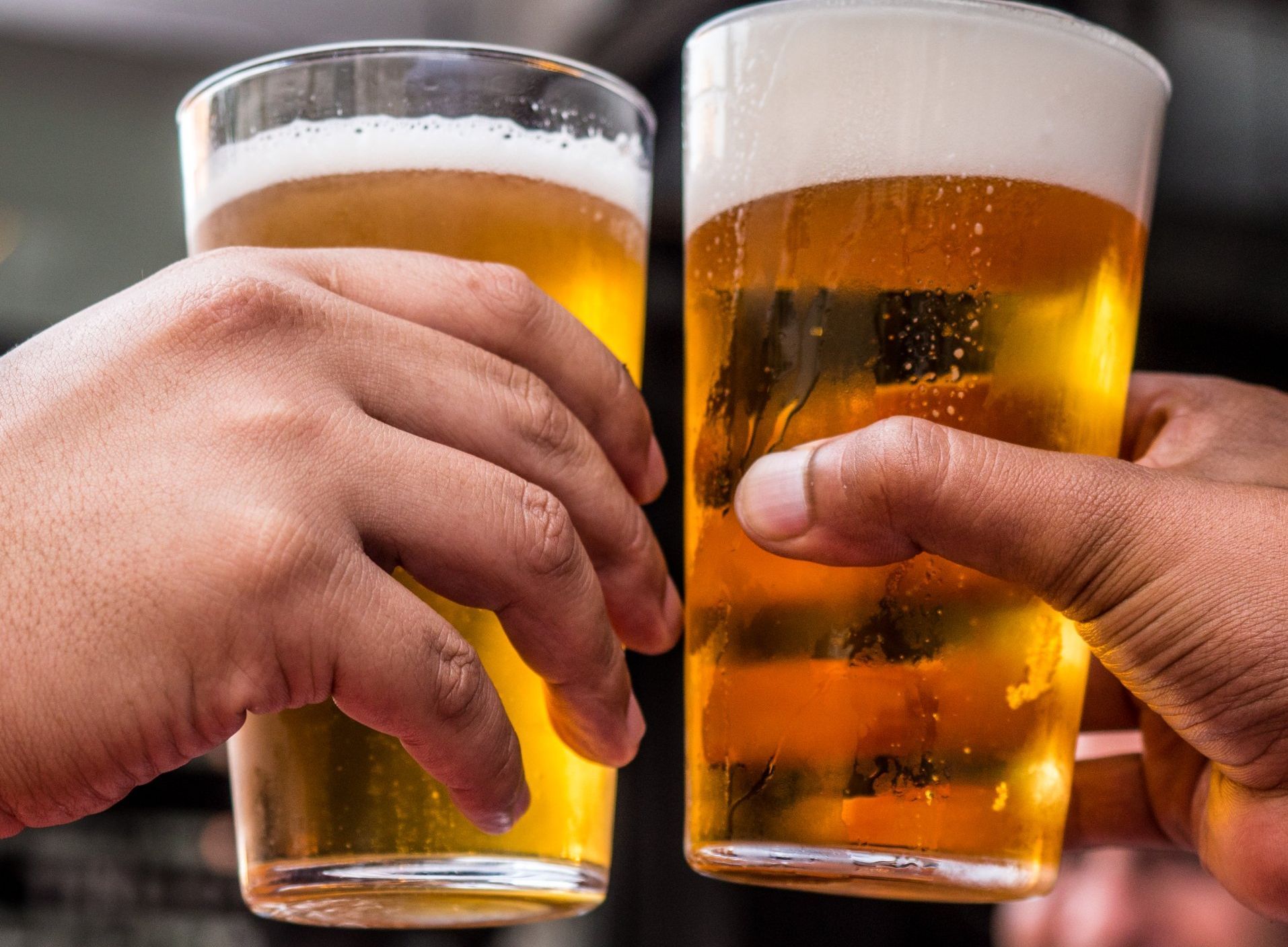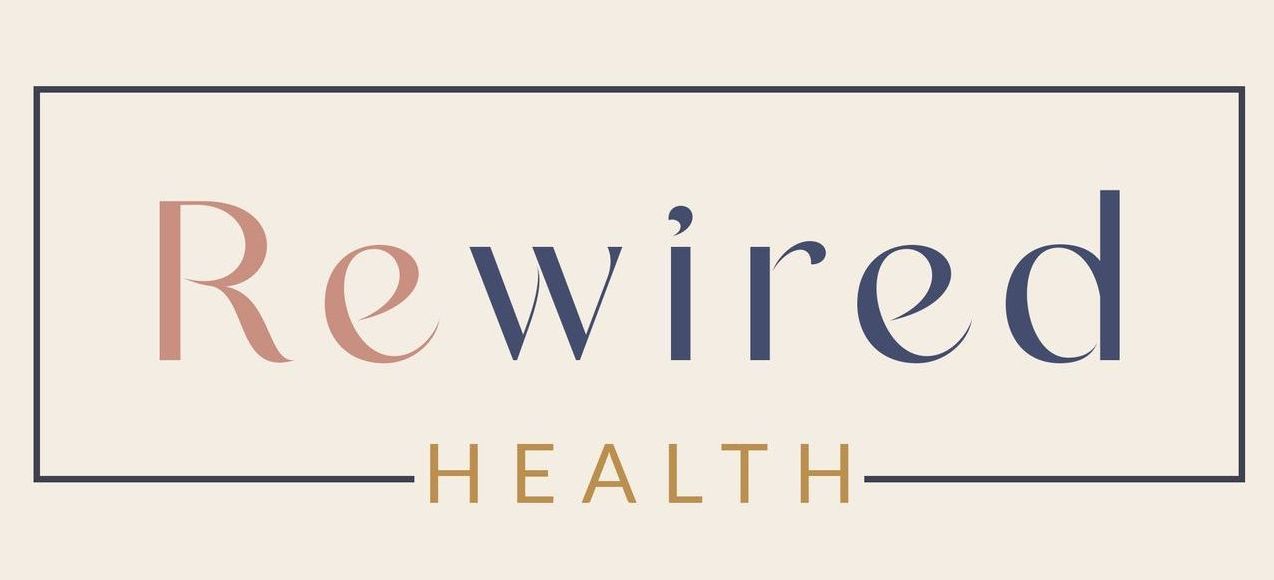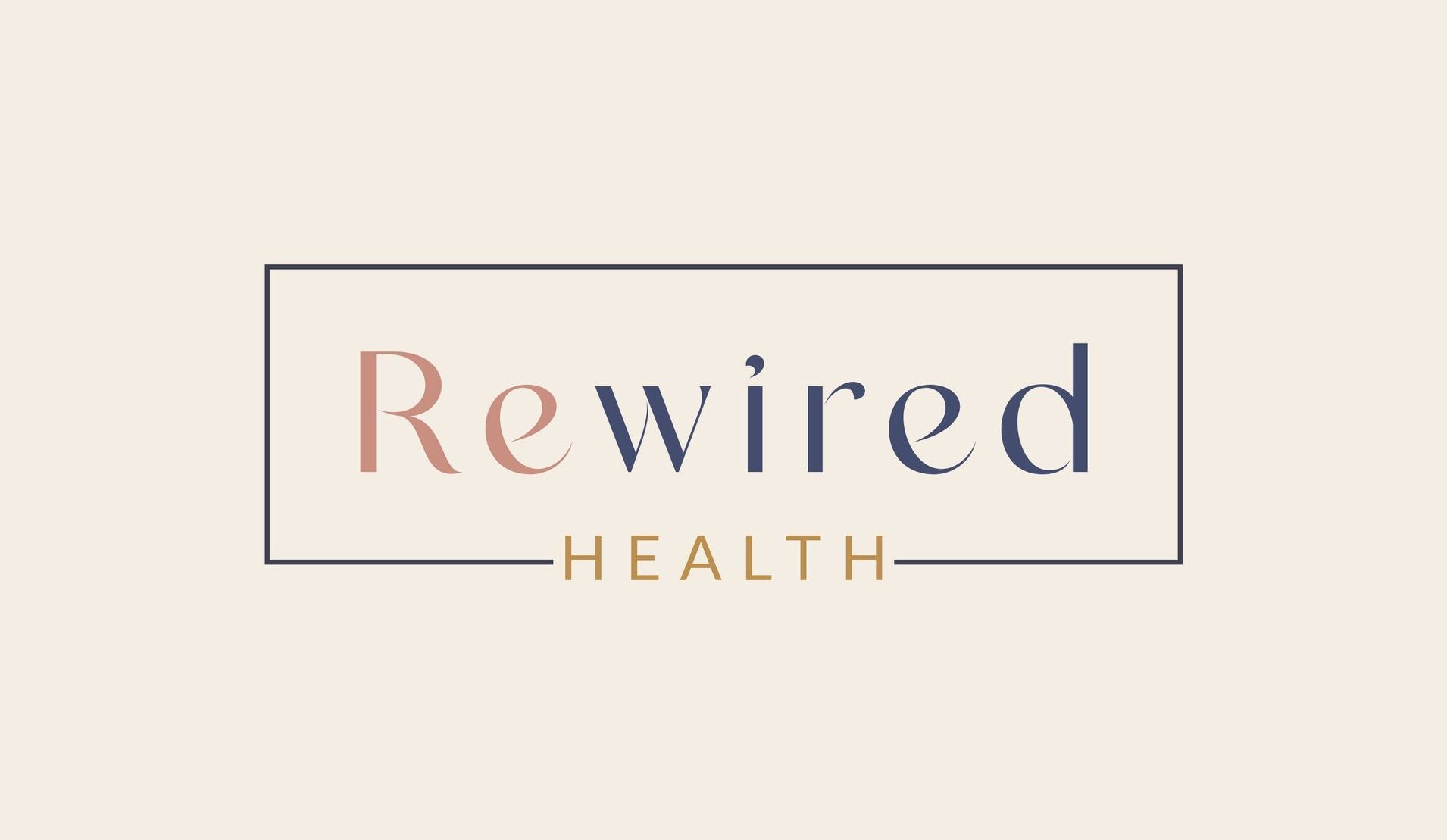Are You In A Toxic Relationship With Alcohol?
Are You In a Toxic Relationship with Alcohol?

Mental health is a complex and deeply personal journey, and one aspect that often goes overlooked is the relationship between alcohol consumption and well-being. Many people engage in social drinking or have a casual glass of wine with dinner, but how do you know when your relationship with alcohol has become problematic?
Reflecting honestly on your drinking habits is the first step to determining if your relationship with alcohol needs adjustment.
● How often do you drink alcohol?
● Do you often drink alone or in social settings?
● Do you find it challenging to stop drinking once you start?
● Is alcohol affecting your daily life, responsibilities, or relationships?
Social drinking is a common and accepted part of our culture. Enjoying a drink with friends or family from time to time is perfectly normal. However, when drinking becomes a coping mechanism, a daily habit, or negatively affects your life, it's time to pay attention. Problematic drinking may include:
● Binge drinking: Consuming a large amount of alcohol in a short period.
● Daily drinking: Feeling the need to drink daily.
● Prioritizing alcohol over responsibilities or relationships.
● Failed attempts to cut down or quit.
There are various signs that may point to a toxic relationship with alcohol:
a. Physical Signs:
● Frequent hangovers.
● Blackouts or memory lapses.
● Increased tolerance, needing more alcohol to achieve the desired effect.
b. Emotional Signs:
● Increased irritability or mood swings.
● Feeling anxious or depressed, especially when not drinking.
● Using alcohol as a way to cope with stress or emotional pain.
c. Social and Behavioral Signs:
● Neglecting obligations at work or home.
● Engaging in risky behaviors while intoxicated.
● Isolating from friends and family.
Seek Support and Guidance
If you recognize these signs in your own life, it might be time to seek guidance and support. If there are healthy, trusted friends and family in your life, reach out and share that you are concerned. They may be able to offer valuable accountability to help you adjust your habits. You may also consider speaking with a mental health counselor or addiction specialist. They can provide tailored guidance and treatment options and help you navigate the systems in place to support healing. Finally, joining a local support group like Alcoholics Anonymous (AA) can be incredibly beneficial. These groups offer a safe space to share experiences and receive support from others facing similar challenges. There is nothing more powerful for healing than walking with someone who understands the journey.
Recognizing the signs and addressing alcohol-related issues can lead to a healthier, happier, and more fulfilling life. You are not alone in this challenge, and there are resources available to help you regain control and well-being. Your mental health and happiness deserve the attention and care they need.
Contact us if you think you have a toxic relationship with alcohol.





